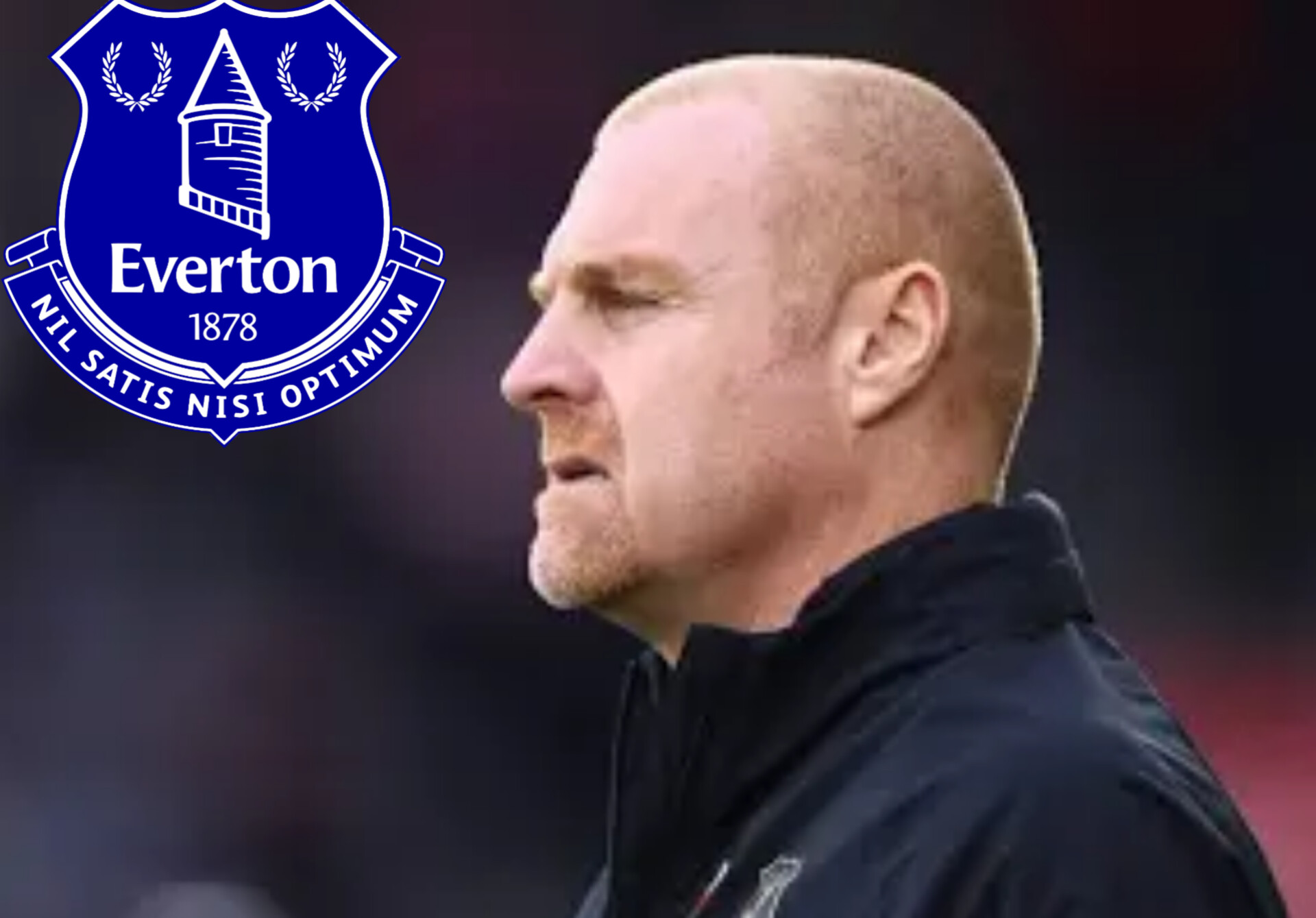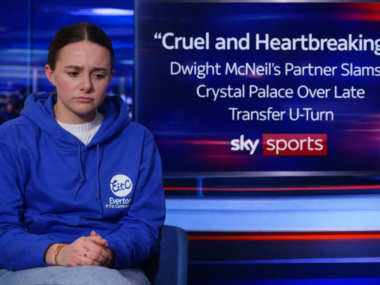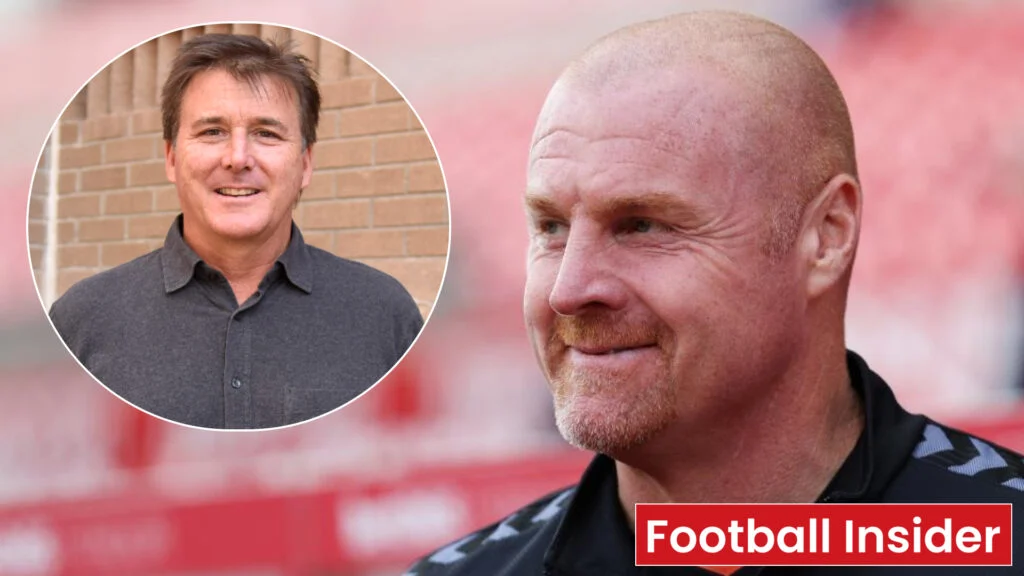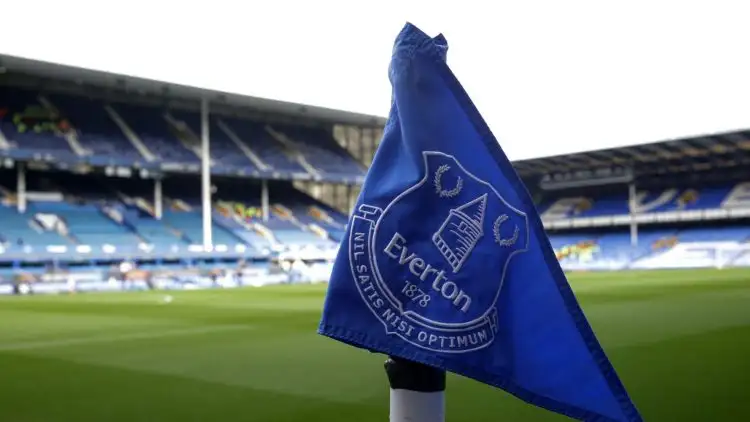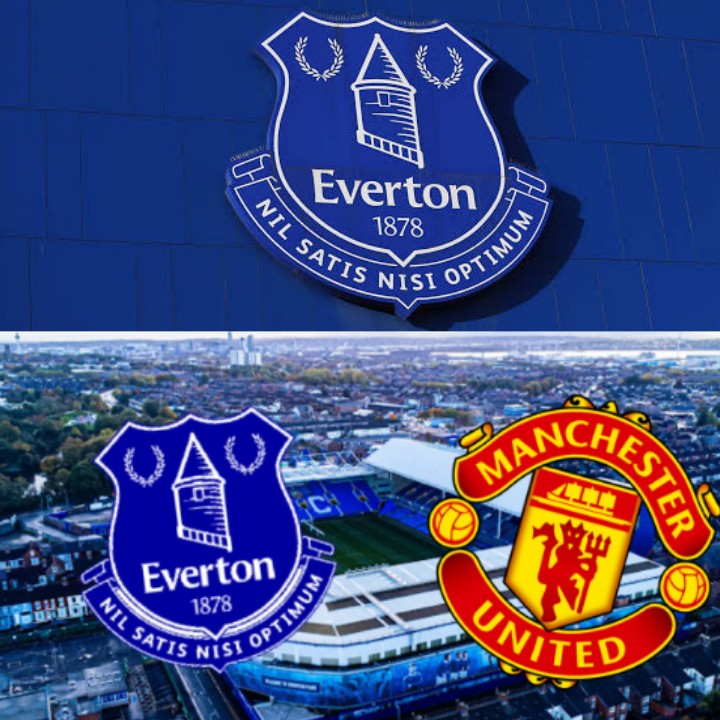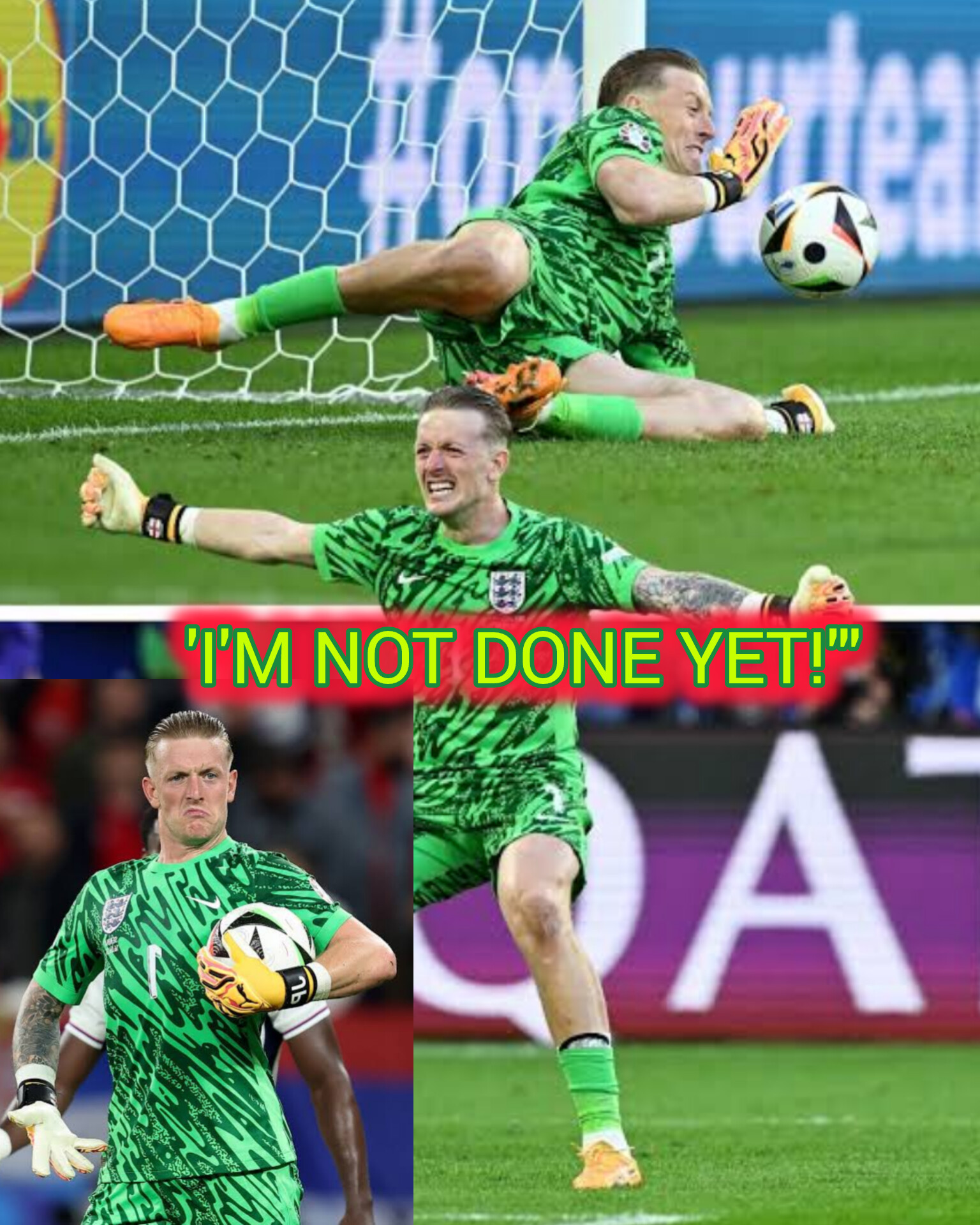Everton faces a potential striker crisis as Beto, their £26 million acquisition from Udinese, reportedly seeks a January transfer due to limited playing opportunities under manager Sean Dyche. The situation highlights the complex challenges confronting the Premier League club’s forward strategy and squad management.
Since joining Everton in 2023, Beto has been marginalized in the team’s tactical setup, managing just one Premier League start in a 4-0 defeat to Manchester United. His opportunities have been further restricted by the return of Dominic Calvert-Lewin and the arrival of Chelsea loanee Armando Broja, creating a competitive and challenging environment for the 26-year-old Guinea-Bissau international.
Italian clubs Torino and Roma have emerged as potential destinations, with Torino considering a loan arrangement that could potentially include a future purchase. The transfer fee being discussed—between £12.4 and £16.5 million—represents a significant depreciation from Everton’s original investment.
However, Everton appears hesitant to part with Beto, recognizing his potential value given the injury-prone nature of their existing striking options. The club’s thin squad and the potential risks of losing a backup striker during a challenging season make his potential departure a delicate strategic decision.
The impending ownership transition, with The Friedkin Group set to take over and already owning Roma, adds another layer of complexity to the transfer speculation. While some anticipate potential synergies between the clubs, immediate player movement seems unlikely.
Beto’s previous season record—six goals in 39 appearances—suggests he has been a serviceable backup, particularly during Calvert-Lewin’s frequent injury absences. His potential departure could expose Everton’s fragile attacking depth.
From a supporter’s perspective, the situation epitomizes broader concerns about the club’s transfer strategy and squad management. The substantial financial investment in Beto, coupled with his limited playing time, raises questions about the effectiveness of the club’s recruitment and integration processes.
The transfer saga reflects the broader challenges facing Everton: maintaining squad stability, managing limited resources, and making strategic decisions that balance immediate competitive needs with long-term development. As January approaches, the resolution of Beto’s situation will be closely watched by supporters and football analysts alike.
Ultimately, the narrative underscores the delicate balance clubs must strike between financial considerations, player development, and competitive ambitions in the modern football landscape.
